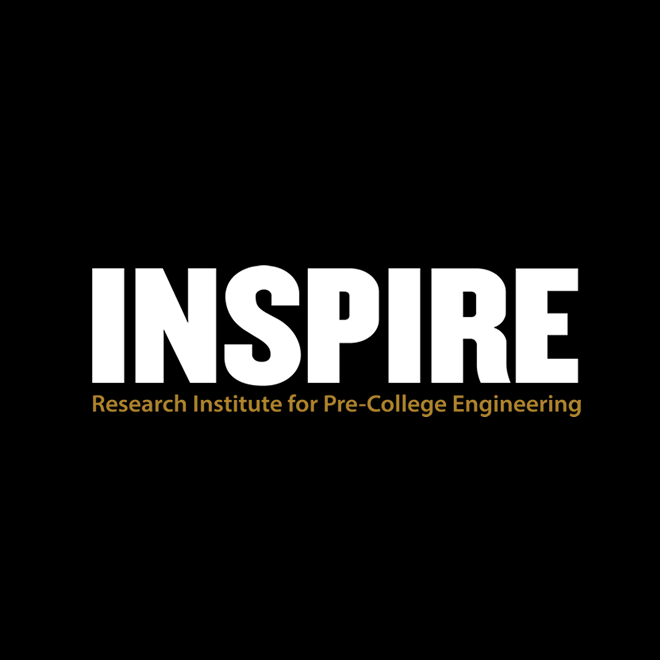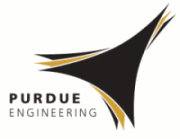Abstract
Many STEM studies have focused on traditional learning contexts, such as math- and science-related learning factors, as pre-college learning predictors for STEM major choices in colleges. Few studies have considered a progressive learning activity embedded within STEM contexts. This study chose computer-based learning activities in K-12 math classrooms, as a major pre-college learning predictor for STEM major choices. Using a nationally represented sample drawn from the Educational Longitudinal Study of 2002/06, the purpose of this study was two-fold: (a) to investigate the influence of computer-based learning activities in math classrooms on STEM major choices in 4-year postsecondary institutions and (b) to analyze the extent to which math teacher motivation affects math performance and math self-efficacy across schools, which plays a vital role in students’ STEM major selection. The multilevel structural equation modeling revealed several findings. First, computer-based learning activities had a greater positive effect on math self-efficacy that significantly predicted the increase in the proportion of students’ STEM major choices, compared to the individual and lecture-based learning activities. Second, a positive relationship between individual-based learning activities and math performance emerged, which was associated with the high proportion of students’ STEM major choices. Third, at the high school level, math teacher motivation positively influenced math performance. These results suggest that integrating STEM contexts into traditional learning activities in math curriculum at the K-12 level would increase students’ interests in studying STEM disciplines. Equally important is enhancing math teachers’ motivation, given the fact that these teachers design and implement the math curriculum.
Recommended Citation
Lee, A.
(2013).
Determining the Effects of Pre-College STEM Contexts on STEM Major Choices in 4-year Postsecondary Institutions Using Multilevel Structural Equation Modeling.
Journal of Pre-College Engineering Education Research (J-PEER), 3(2), Article 3.
https://doi.org/10.7771/2157-9288.1059
Included in
Curriculum and Instruction Commons, Science and Mathematics Education Commons, Secondary Education and Teaching Commons


